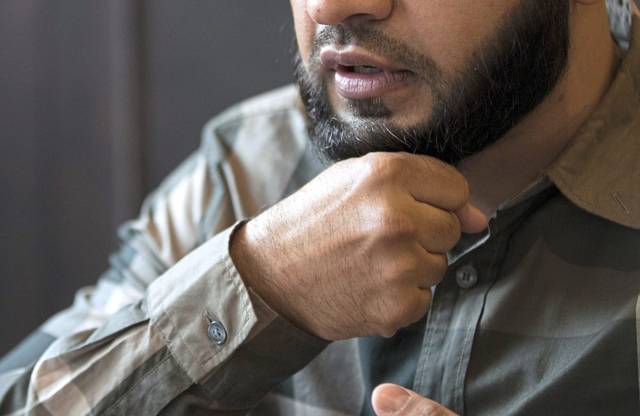After enacting a law last year to protect the rights of people with hairstyles that reflect their ethnic or religious heritage, Pittsburgh officials are expanding the protections for facial hair.
But to do so, the city needs to be inclusive of people regardless of their ethnicity or religious background, Jam Hammond, the acting director of Pittsburgh’s Commission on Human Relations, told city council members Wednesday.
“I don’t know what is lost by protecting all people’s facial hair,” Hammond said.
“The only way civil rights works is to protect everyone,” Hammond told council members and other city officials during a committee meeting.
The city is working to tweak the law enacted last year called the CROWN (Creating a Respectful and Open World for Natural Hair) Act to cover religious beards.
The law was initially enacted locally as part of a national movement to prevent people with hairstyles like dreadlocks from facing discrimination in the workplace.
National groups like the Joy Collective, a marketing firm, lobbied for municipalities to pass CROWN laws because studies have found that 80% of Black women felt they needed to alter their natural hair to fit into a professional setting.
Pittsburgh passed the law in October.
“This legislation affirms our commitment to improving outcomes for Black residents and make certain that they do not face natural hair discrimination in the workplace, when searching for a home, or when entering a business,” Mayor Bill Peduto said when he introduced it.
The change to the law proposed Wednesday added “or religious grooming practice” and “facial hair” to several clauses in the law so as not to exclude a protected class — in this case, those whose religious practices require they grow a beard, said Janet Manuel, the city’s human resources director.
Other cities that have passed the law are making similar changes, Manuel said.
But in changing the wording, the officials inadvertently removed protections that should be afforded to people regardless of their race or religion, Hammond said.
Council delayed action on it for a week to tackle those concerns.
The law provides people legal recourse and the ability to file a complaint with the Commission on Human Relations if they are discriminated by their hairstyle.








